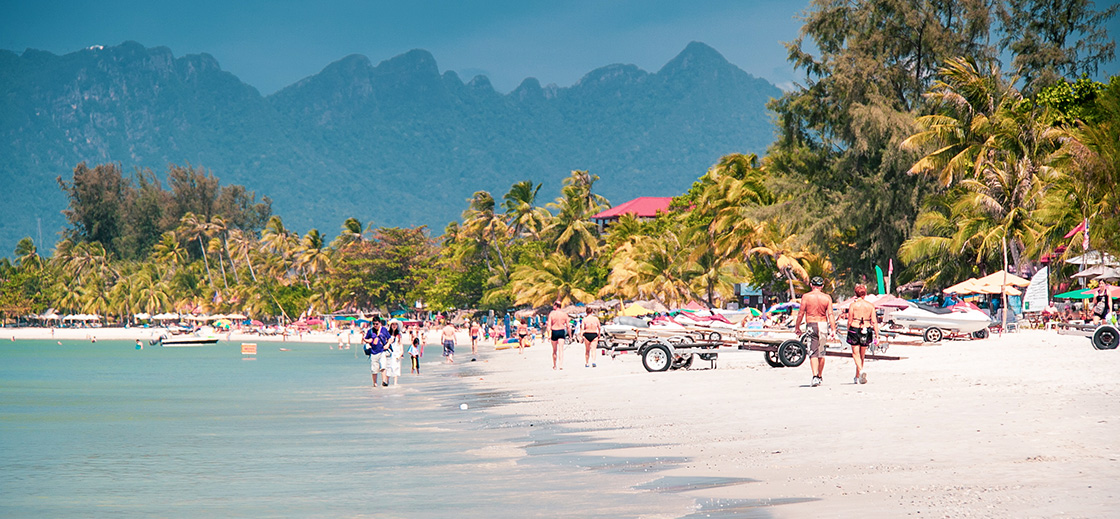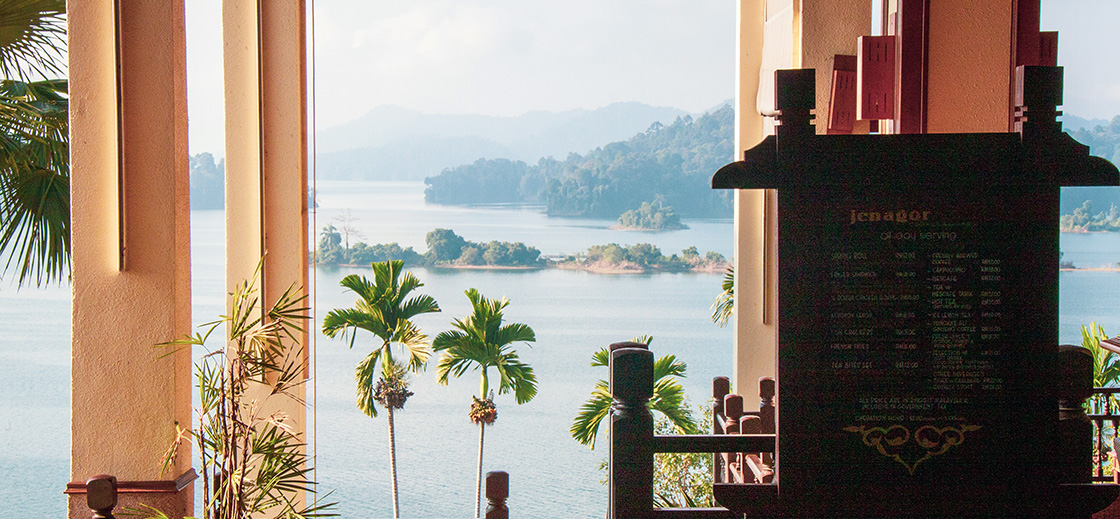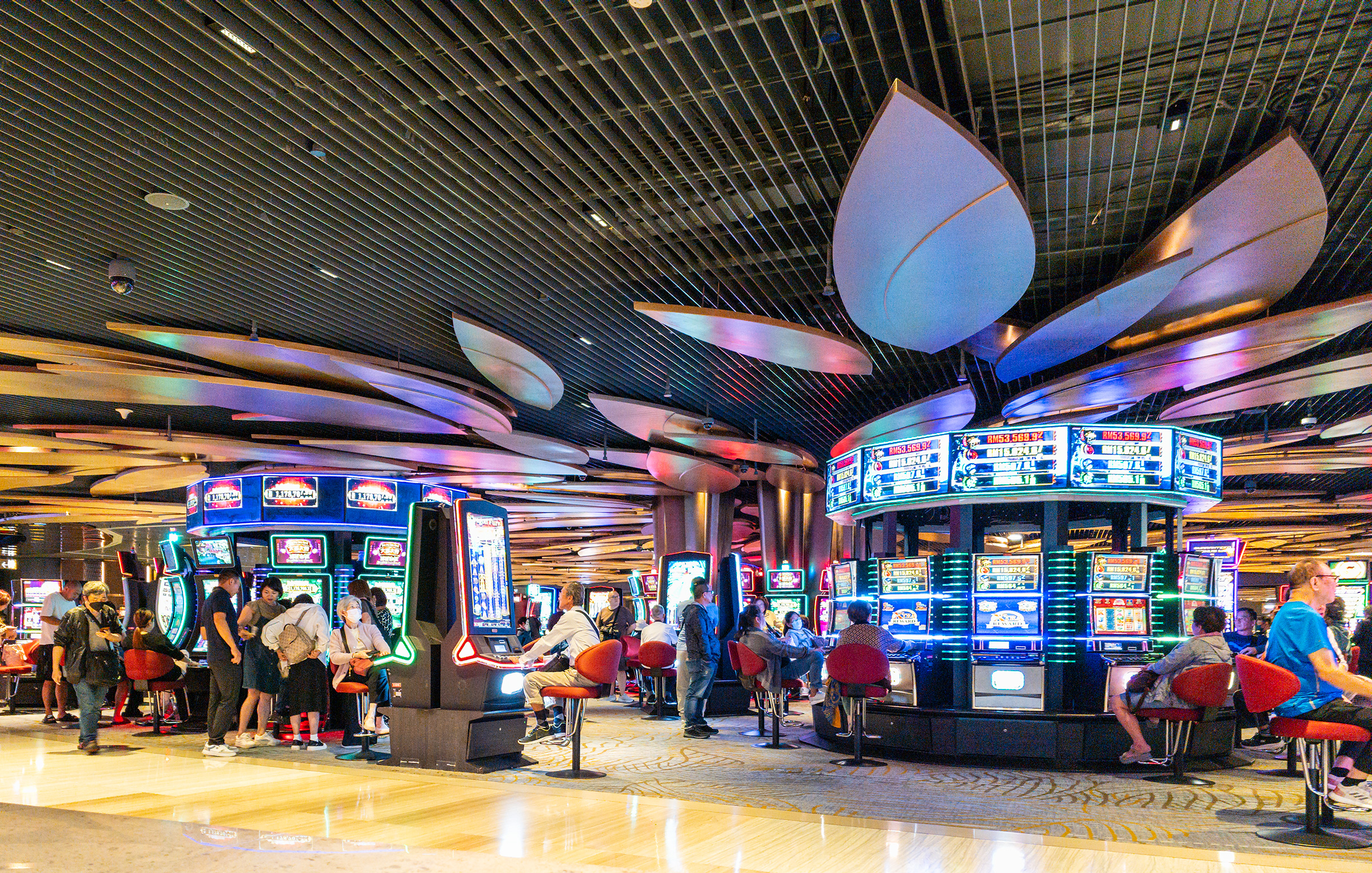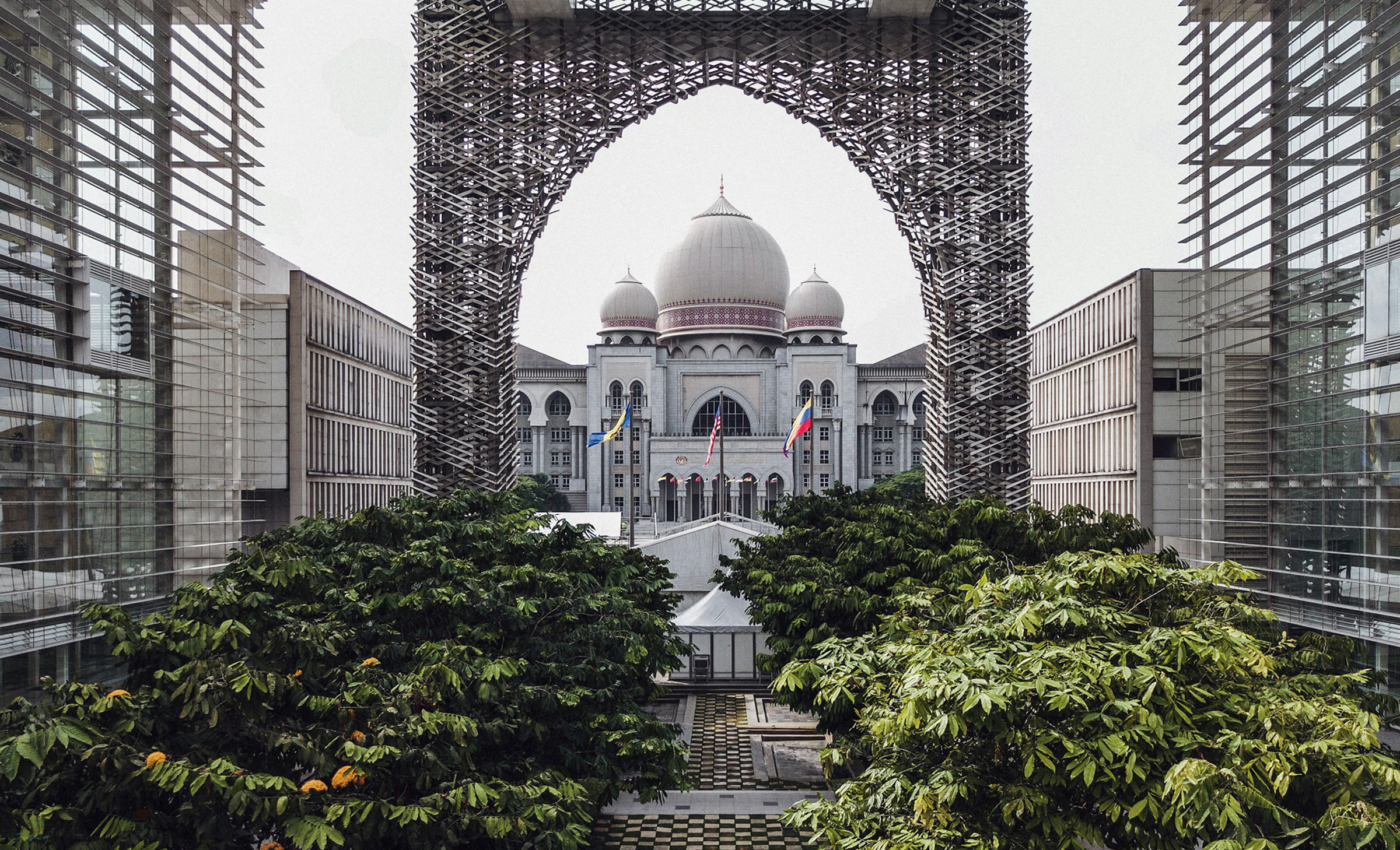In the panorama of Muslim-majority nations, gambling is generally seen as illegal due to religious beliefs that deem such activities as unethical and sinful. However, one country seems to stand out in this perspective: Malaysia. Malaysia’s gambling laws and regulations are intriguingly divergent from its counterparts, offering a variety of legal gambling options. This deviation shines a spotlight on Malaysia’s unique sociocultural landscape, where traditional Islamic values coexist with modern economic interests. It exemplifies how national legislation can reflect a balance between religious adherence and the contemporary realities of an evolving society.
A Historical Overview of Malaysian Gambling Laws

The structure of Malaysia’s gambling laws can be traced back to the mid-20th century. The Lotteries Act of 1952 and the Racing Act of 1961 legalized lotteries and horse racing, respectively. Meanwhile, sports betting was declared illicit under the Betting Act of 1953. Interestingly, while Malaysia’s gambling laws encompass land-based casino gaming, they only permit a single licensee, effectively resulting in a private monopoly.
Contrasting with many Muslim-majority nations, Malaysia’s gambling laws and attitudes can be seen as unusual, but it doesn’t necessarily dampen its citizens’ interest in the activity. However, gambling doesn’t come without its caveats; Malaysian Muslims are prohibited from participating in line with their religious tenets.
Advent of Internet and Online Gambling
With the advent of the internet, online gambling has become a popular pastime worldwide, including in Malaysia. While there are no explicit laws encompassing online gambling, the government has retained the power to block platforms based within the country and restrict Muslim citizens from participating. The existence of online gambling sites in Malaysia is technically ambiguous due to the lack of updated regulations. Despite these restrictions, foreign brands have stepped in to meet the demand, adding a new dimension to Malaysia’s gambling landscape.
Comparisons with Other Muslim-Majority Nations
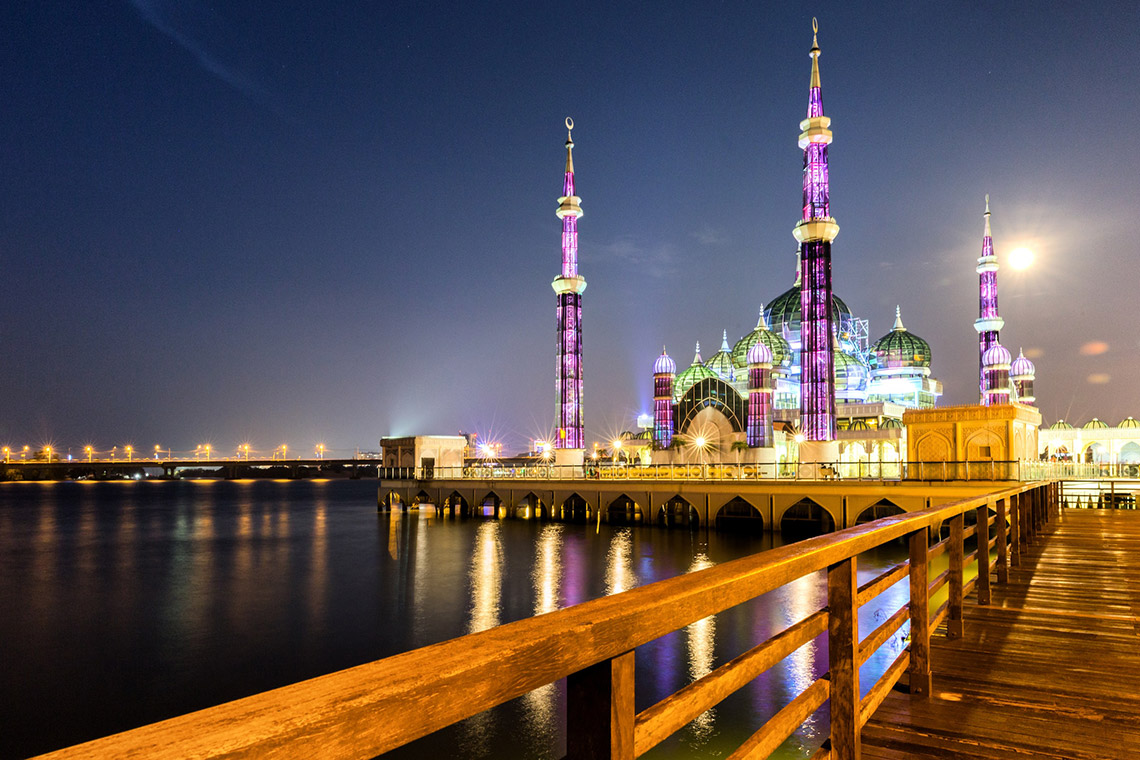
Compared to Malaysia, other Muslim-majority nations such as Egypt, Morocco, and Tunisia also have regulated forms of gambling, albeit with varying restrictions and limitations. For instance, Egypt’s casinos, which generate over $200 million in annual revenue, are only permitted within five-star hotels. Furthermore, Egyptian citizens are barred from entering these establishments.
Morocco, on the other hand, has a smaller number of casinos. Similar to Egypt, Moroccan citizens are generally not allowed to enter the casino, and these establishments are all situated within five-star hotels or resorts. In Tunisia, casino gaming is allowed, but exclusively for foreign visitors.
These comparisons illustrate the variance in how Muslim-majority nations approach gambling, underscoring the unique position of Malaysia with its several legal gambling avenues and its approach to online gambling.
The Road Ahead
Despite these allowances, Malaysia’s government has also taken a stance against illegal gambling activities. The country’s legislative bodies have embarked on the path to craft new gambling regulations, recognizing the need for an updated and comprehensive licensing system for online operators. The road to regulation may have bumps along the way, particularly after conservative party victories in recent elections, but the discourse continues.
Malaysia stands out in the Islamic world with its unique approach to gambling. While staying aligned with the religious beliefs that are the cornerstone of its culture, Malaysia provides avenues for legal gambling and has begun addressing the complexities of online gambling. The balancing act between cultural, religious, and economic factors makes the nation’s gambling laws a fascinating case study, distinct from other Muslim-majority countries.
While this presents an intriguing scenario for observers and policymakers alike, it also highlights the challenge of keeping laws and regulations up to date in the face of technological progress and cultural changes. The future of Malaysia’s gambling landscape remains to be seen, but it is sure to continue to generate interest and debate.


